Our 2023 research and innovation round up
14 December 2023 | By: Newcastle University | 3 min read.jpg)
Explore the work of our researchers and collaborators and the impact we're having.
Contents
- What is a person?
- Unlocking the secrets of long Covid
- Pacific coral reef shows potential historic increase in climate resistance
- How our heart attack research is saving lives
- How to stop the rising cost of living becoming a health crisis
- How we launched AI in the classroom
- How consumption of a Mediterranean diet could help reduce dementia risk
- Thinking about University Museums and Galleries of the future
- Young activists are no strangers to climate summits: are we listening?
- How we're pre-empting the impact of extreme weather on transport
- Using AI to predict psychoacoustic annoyance caused by long-term laptop use
- Promoting neurodiversity to address the global mental health crisis
- Why we've created an Urban Room for Newcastle
- Helping more girls complete basic education in Kenya
What is a person?

From macaques taking selfies to neurons playing pong, legal personhood is very different to a ‘person’ in everyday speech. So what does this really mean?
Dr Josh Jowitt takes us through who, or what, is a person.
Unlocking the secrets of long Covid
Fatigue is one of the most common symptoms of long Covid. Our experts have found that the nervous system of people with post-Covid fatigue is underactive in three key areas. The discovery could revolutionise treatment and diagnosis.
Dr Mark Baker discusses the breakthrough and how it could help medics treat symptoms for long Covid sufferers.
Pacific coral reef shows potential historic increase in climate resistance
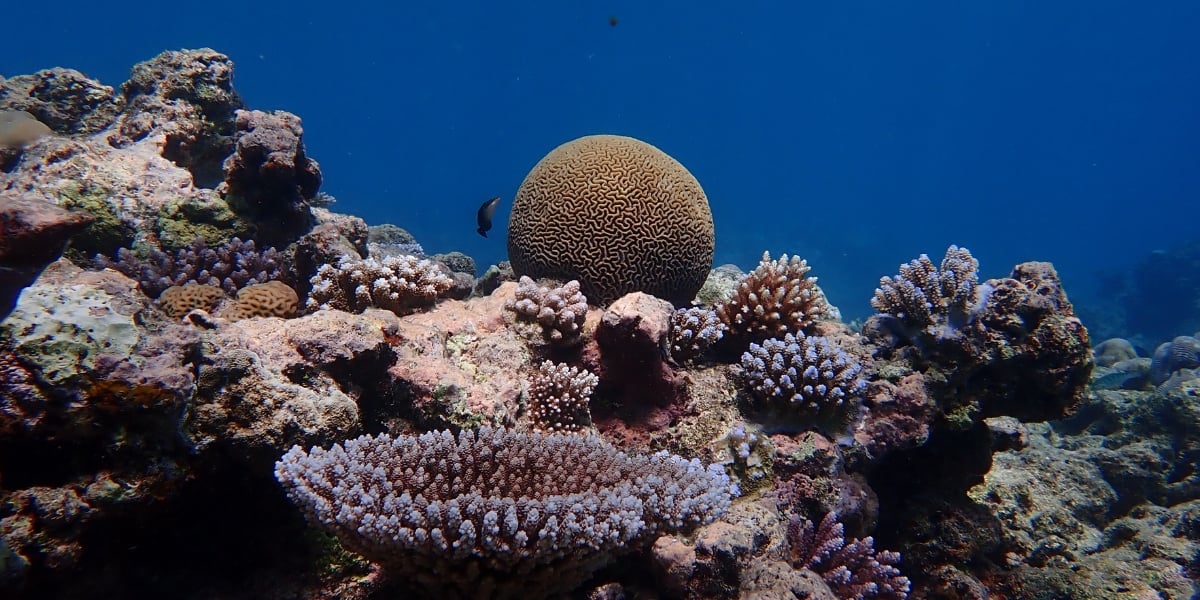
A Newcastle University led study offers a glimmer of hope for the future of coral reefs. Postgraduate researcher Liam Lachs shares how the study has revealed that coral reefs in one part of the Pacific Ocean may have adjusted to higher ocean temperatures.
How our heart attack research is saving lives
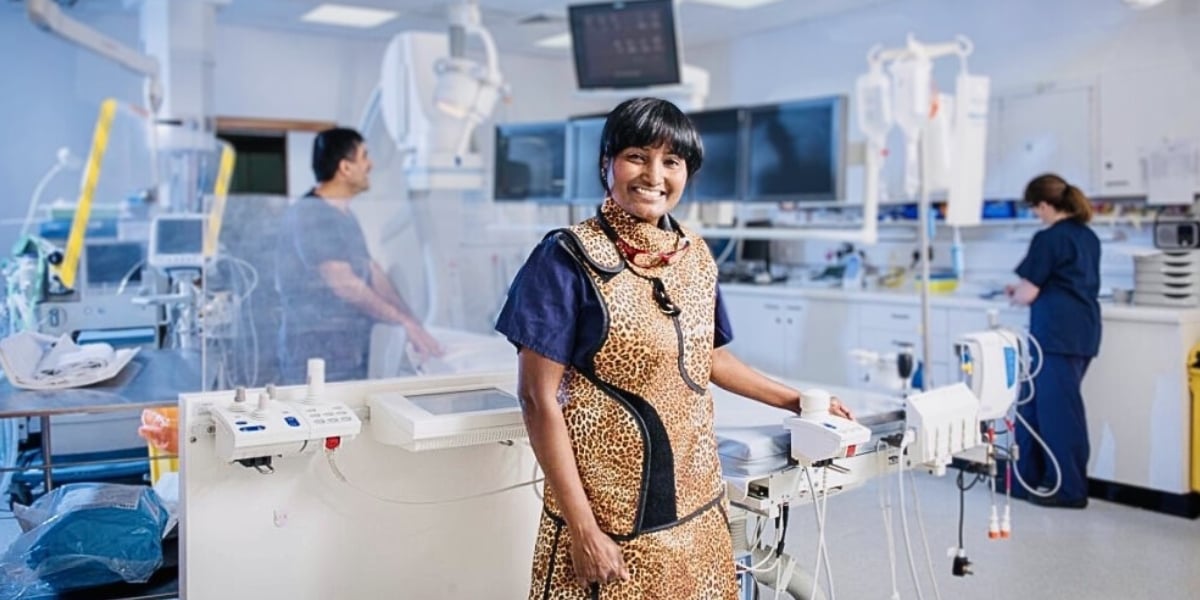
Ischaemic heart disease - or coronary artery disease - is the leading cause of death in the UK and worldwide, with older adults experiencing a higher mortality burden. Delving into the science behind heart attacks is one of the best ways to save lives and help clinicians create personalised care plans for patients.
Professor Vijay Kunadian discusses how her ground-breaking research is helping improve heart health globally, especially for the under-represented.
How to stop the rising cost of living becoming a health crisis
Health inequalities have been increasing in the UK over the last decade. They often share the same root cause: an unequal distribution of the wider determinants of health - such as access to resources, opportunities, wealth, education, and power.
Professor Clare Bambra discusses the terrible consequences of the cost of living crisis on health inequalities and puts forward a plan for change.
How we launched AI in the classroom

Artificial Intelligence (AI) and machine learning tools are changing the way we interact with technology. We've partnered with Seven Stories to launch a new AI platform to support children's creativity.
The Creativity Engine is a web application leveraging the latest technology in text-generating AI to encourage children and young people to kickstart and explore their own literacy creativity.
How consumption of a Mediterranean diet could help reduce dementia risk

New research has found that what we eat may help reduce the risk of dementia. It shows that a Mediterranean-type diet could lower the risk of getting the disease by almost a quarter.
Dr Oliver Shannon discusses the research and how it may be an important intervention to incorporate into future strategies to reduce dementia risk.
Thinking about University Museums and Galleries of the future
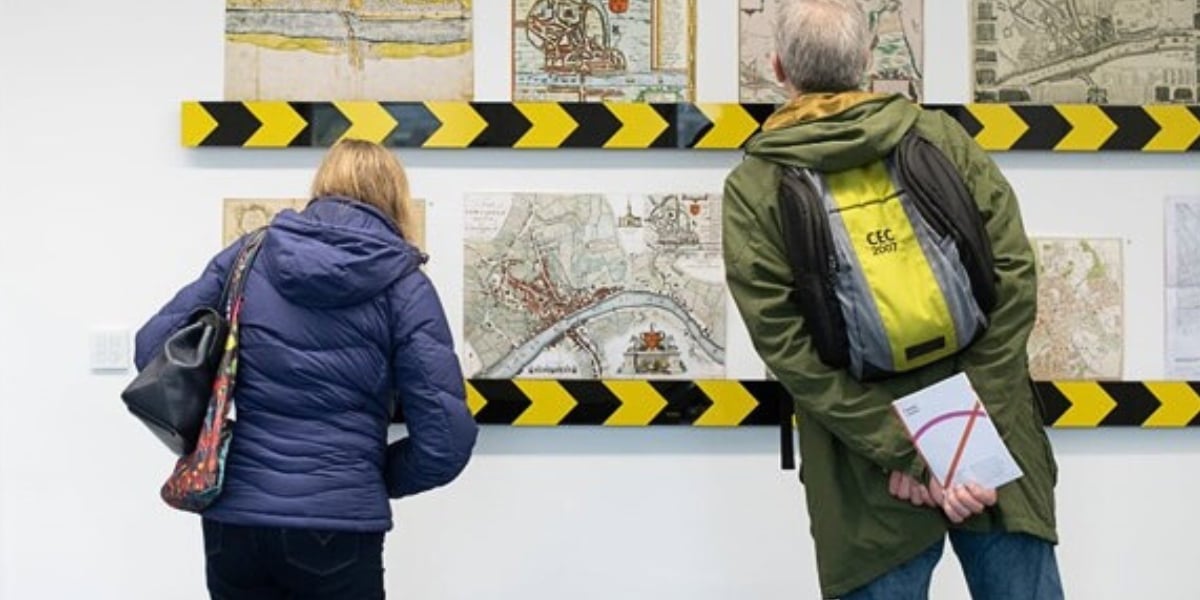
University Museums and Galleries (UMGs) are a distinctive component of our cultural sector. As part of both the Higher Education and Museum sectors they act as an interface, enabling multiple interactions that shape and challenge our understanding of the world we live in.
Professor Vee Pollock, explains the UMGs landscape and its current and future impact on research, skills, engagement and collaboration,
Young activists are no strangers to climate summits: are we listening?
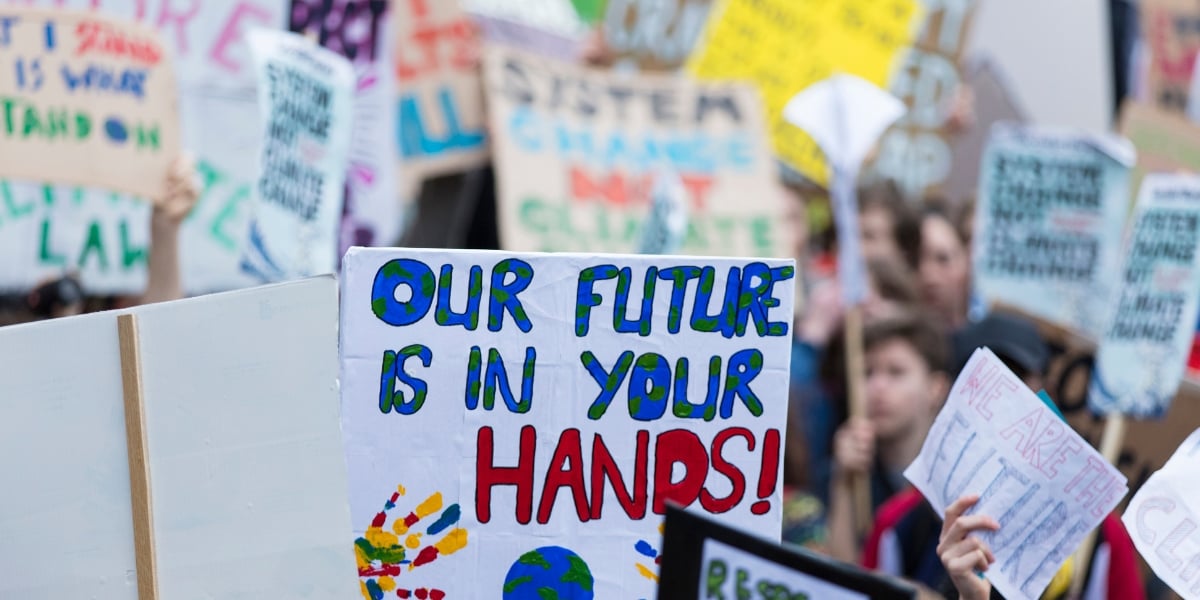
At COP28 young activists are at both the fringes and on the centre stage. But to what extent have leaders taken heed of their messages?
Dr Catherine Walker reviews the inclusion of young people at global climate summits and how COP summits give young campaigners a platform from which to call leaders to account.
How we're pre-empting the impact of extreme weather on transport

In recent years the world has witnessed a dramatic increase in extreme weather events. The impacts of such events are felt across various sectors - disrupting not only daily life, but also crucial infrastructure systems such as transport, water, and electricity.
Professor Hayley Fowler shares her insights on extreme weather and its relationship with transport infrastructure, along with her work as part of the Weather Academy.
Using AI to predict psychoacoustic annoyance caused by long-term laptop use

Hard disc drives are widely used in laptops and as they operate they omit noise. The effect of hearing more of our laptop's noise could result in annoyance.
Working with industry partner Seagate, experts at our Singapore Campus are using AI to understand and remedy the most disrupting and annoying hard disc drive noise.
Promoting neurodiversity to address the global mental health crisis
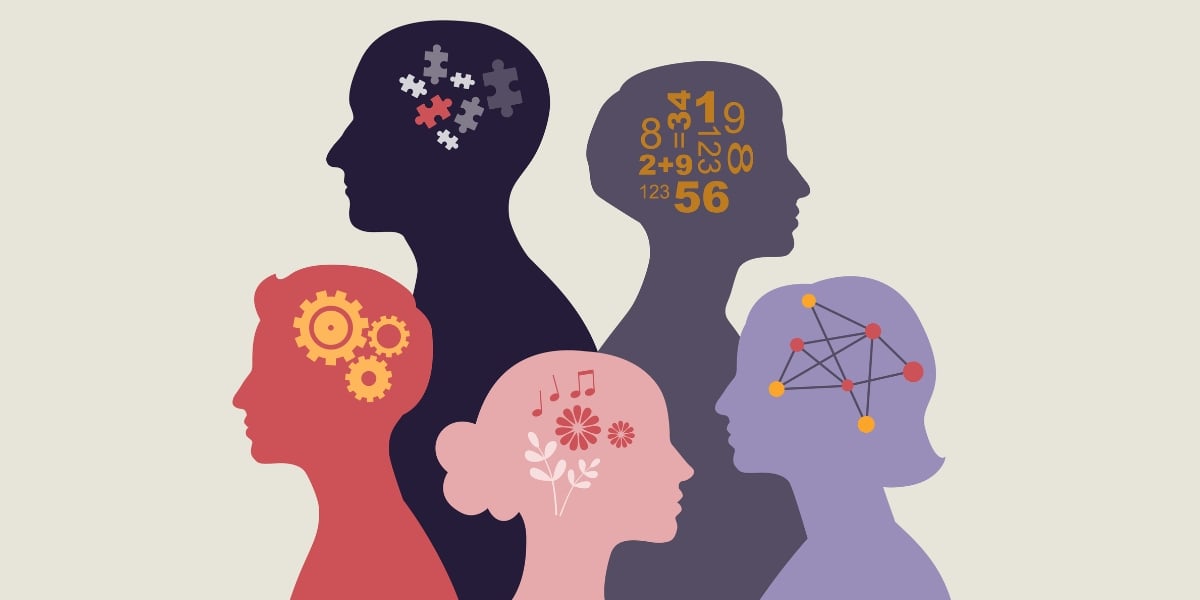
A new segmentation tool could help organisations improve their communications on mental health.
Dr Josephine Go Jefferies, at Newcastle University Business School, delves in to the transformative potential of neurodiversity in mental health and marketing strategies.
Why we've created an Urban Room for Newcastle
.jpg?width=1200&height=600&name=Farrell%20Centre%20Newcastle%20(1).jpg)
This year we opened the Farrell Centre, a new public centre aimed at expanding the discussion surrounding the crucial roles that architecture and planning play in the contemporary world.
Centre Director Owen Hopkins shares why we've created an Urban Room for Newcastle and how we want to ensure that urban transformation works for all.
Helping more girls complete basic education in Kenya
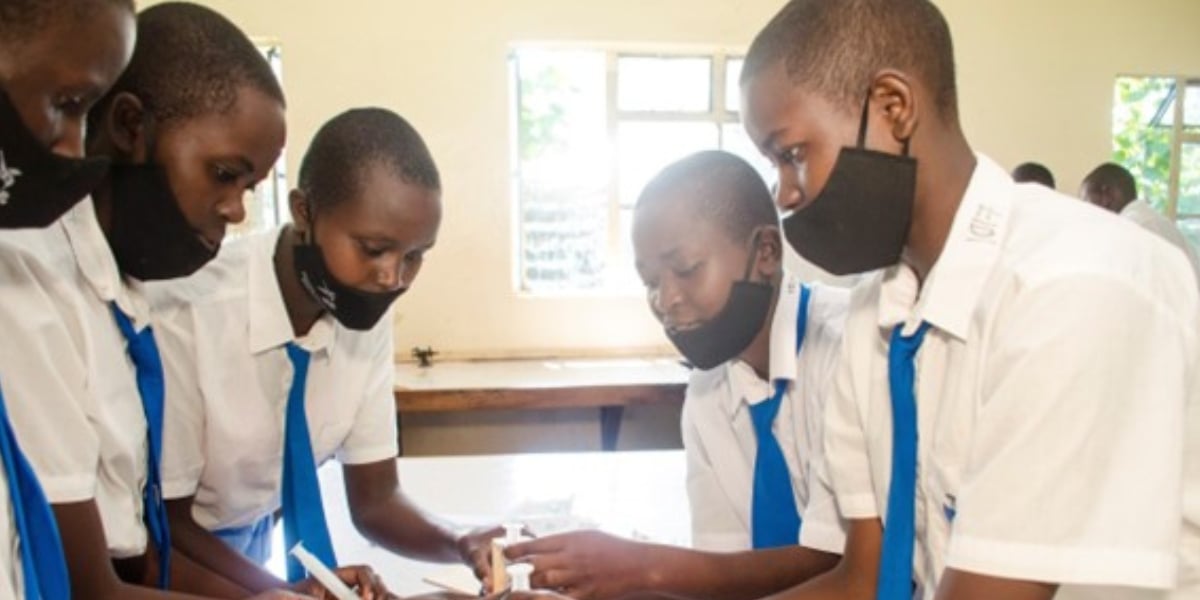
In rural Kenya only a small percentage of girls finish secondary school and sit for the Kenya Certificate for Secondary Education. Even fewer proceed beyond secondary into tertiary education.
Dr Ann Njeri explains why this happens and how to make change.
You might also like
- Read about our Research Impact and how we're harnessing creative thinking to change the world for the better.
- Discover our Centres of Research Excellence and the multidisciplinary challenge-led research they deliver.
- Explore Our Strengths in Ageing and Health, Cities and Place, Culture and Creative Arts, Data and One Planet.
